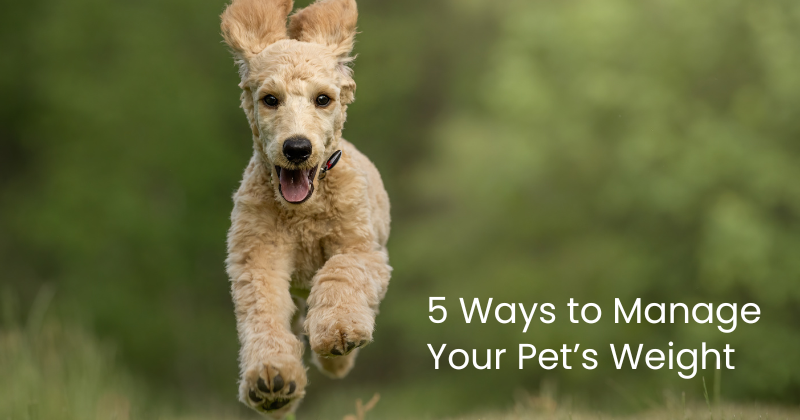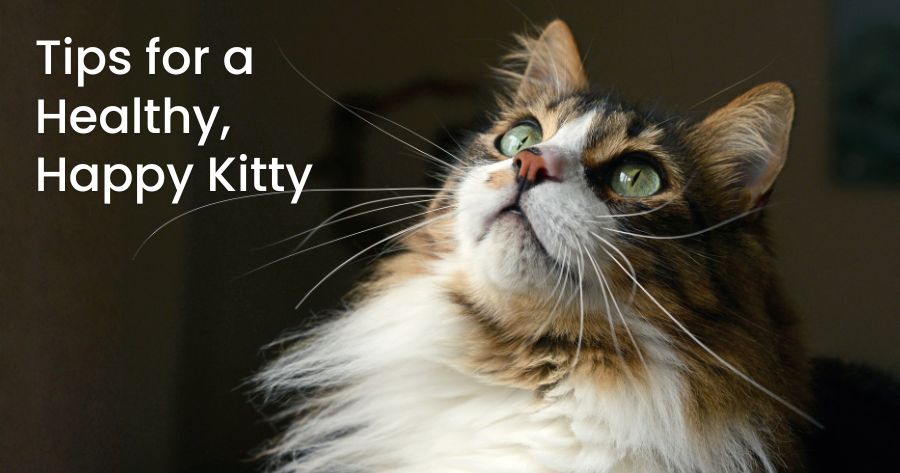
Studies reveal that over 50% of cats and dogs worldwide are overweight or obese. Unfortunately, these pets often have shorter lifespans compared to their leaner counterparts, primarily due to obesity-related conditions like diabetes, heart disease, and osteoarthritis.
The good news is that there are many ways to help prevent this!
Consult Your Veterinarian: Develop a customized health plan for your pet and veterinarian. This plan may include prescription food, portion control strategies, exercise suggestions, and regular weigh-ins to monitor progress.
Choose Quality Food: Wet or fresh pet food generally contains more water than dry kibble, helping pets feel full without extra calories. ("Fresh" is key—steer clear of processed foods.) Add vegetables like broccoli, baby carrots, cucumbers, or pumpkin to their diet. Pumpkin is not only festive but also a fiber-rich food that supports digestion for both cats and dogs.
Encourage Play and Exercise: Make feeding time fun by incorporating activities. Use interactive toys that dispense food as pets play or place their food bowls in different locations to promote movement. Games like fetch are perfect for dogs, while cats enjoy chasing laser pointers. Veterinarians recommend 30-60 minutes of daily exercise for both cats and dogs.
Go for Walks: Walks aren’t just for dogs! Although solo walks are more common for stray cats, you can put your cat on a leash and explore the neighborhood together.
Schedule Regular Meals: Most veterinarians suggest feeding pets one to two times a day, spaced 8-12 hours apart. A consistent meal schedule is key to maintaining a healthy weight.


